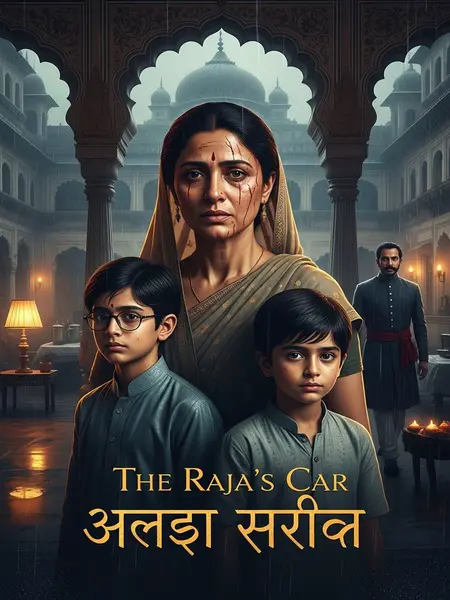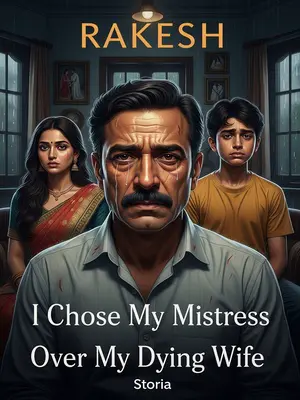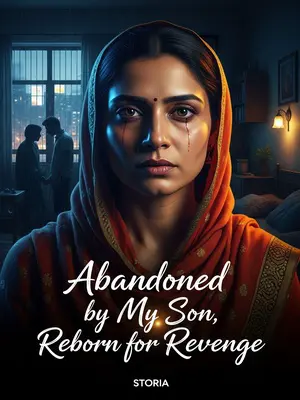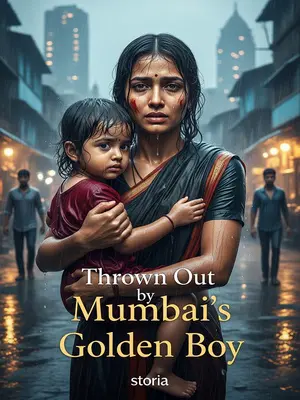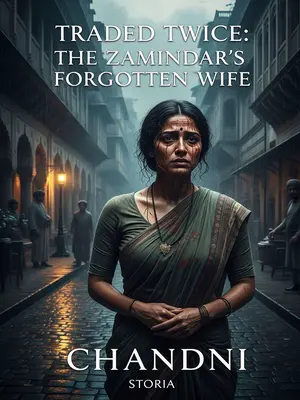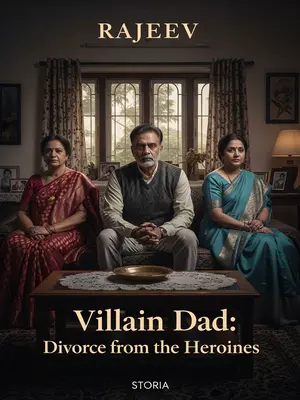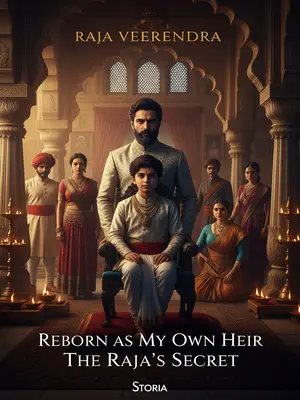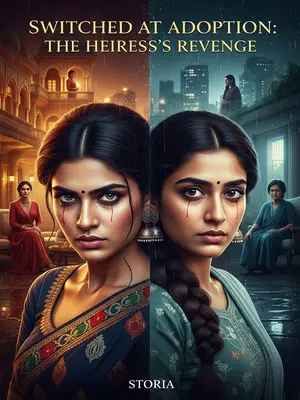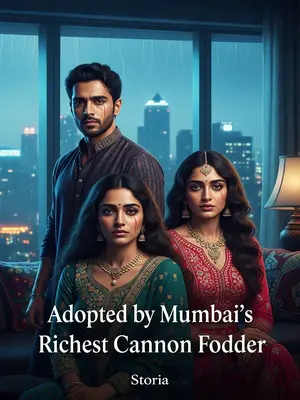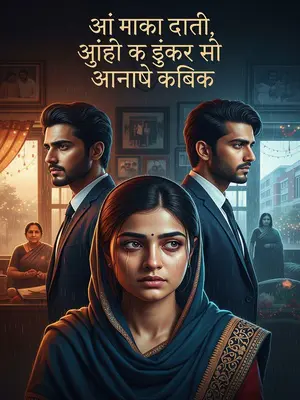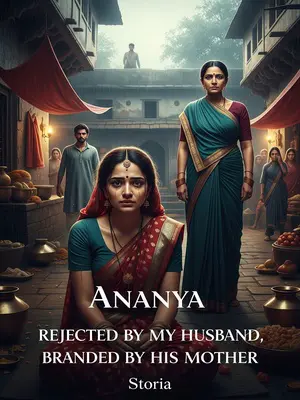Chapter 2: Holi on the Bridge
But one day, my stepson unwittingly offended the most favoured young master of the Raja’s household. When I folded my hands and knelt, touching my forehead to the ground like a devotee seeking mercy at a temple, the young master’s eyes reddened with anger, and he spat out:
"Fine. If you can’t bear for him to kneel, then you kneel instead."
The sting of those words—spoken in the clipped, entitled Hindi-English of the Raja’s clan—echoed through my bones, and even the sabziwala across the street fell silent, as if the air itself had turned cold.
On the night of Holi.
All across the city, fireworks burst like gulmohar blossoms. Aunty Lata, the mithai-seller, came knocking urgently at my door.
Outside, the street was a riot of colour—youngsters smearing each other with pink and green, the echoes of dholak beats mingling with the fragrance of gujiya frying. A stray dog darted through the crowd, dodging a splash of coloured water as someone shouted, "Bura na mano, Holi hai!" I was stirring a pot of milk for kheer when Aunty Lata, breathless and red-faced from running, hammered at the door. “Beta, open quickly!”
"Twelfth Lady, something’s happened to your Aarav!"
I sprang up from the gas stove, not even bothering to remove my apron, and hurried to the gate.
My hands were sticky with kheer, my mind racing with dread. I didn’t even untie my dupatta, just slipped on my chappals and dashed out, my heart thumping with a mother’s panic.
Before I could ask what was wrong, Aunty Lata grabbed my arm and rushed me out of the colony lane.
She didn’t let me speak, just dragged me along, her bangles jangling in the night. “Jaldi karo! Don’t waste time, beta!” The lanterns outside flickered in the spring breeze, lighting our way past children chasing each other with water balloons. My mind conjured every possible disaster as we rushed on.
East Main Road was bustling—crossroads crowded with people, sweet shops and chai stalls on both sides, bridges arching over the canal, and performers weaving through the throng with fire tricks.
Vendors hawked piping hot samosas and rasgullas; two boys tussled over a broken pichkari, and the sharp tang of gulaal hung in the air. Rickshaw bells clanged as people dodged traffic, while a procession of dancers, faces painted silver, twirled past us, their anklets ringing.
Panting, I finally spotted Aarav’s grey-blue cap at the far end of the bridge.
I recognised it instantly—one of Major Pratap’s old army caps, which Aarav wore like a badge of honour. My heart skipped. He stood out, shivering slightly in the chilly Holi night, surrounded by a ring of unfamiliar faces.
A lavish white Ambassador was parked at the bridgehead, surrounded by security guards and servants. One guard, a parrot perched on his shoulder, had Aarav by the collar.
The bird squawked, echoing the tension. The guard’s grip on Aarav was rough, and the child’s feet barely touched the ground. Onlookers muttered, unsure whether to intervene.
Aarav’s slender, delicate fingers clung tightly to something, refusing to let go.
He held a red-threaded amulet, knuckles white, eyes stubborn. The crowd murmured, “Arrey, yeh baccha toh ziddi hai.”
He said, stubbornly and clearly, "No. This is the raksha kavach my mother gave me."
From inside the car, a childish yet icy voice replied, "Liar."
The voice was chillingly calm for a boy so young—a pampered authority sharpened by privilege.
Then came the command: "Aman Bhaiya, twist his wrist."
Without hesitation, the guard named Aman Bhaiya raised his hand, his face expressionless.
—No!
I could not breathe. The world shrank to the sight of Aarav’s frightened face, and my legs moved on their own, heart pounding with the desperation only a mother can feel.
